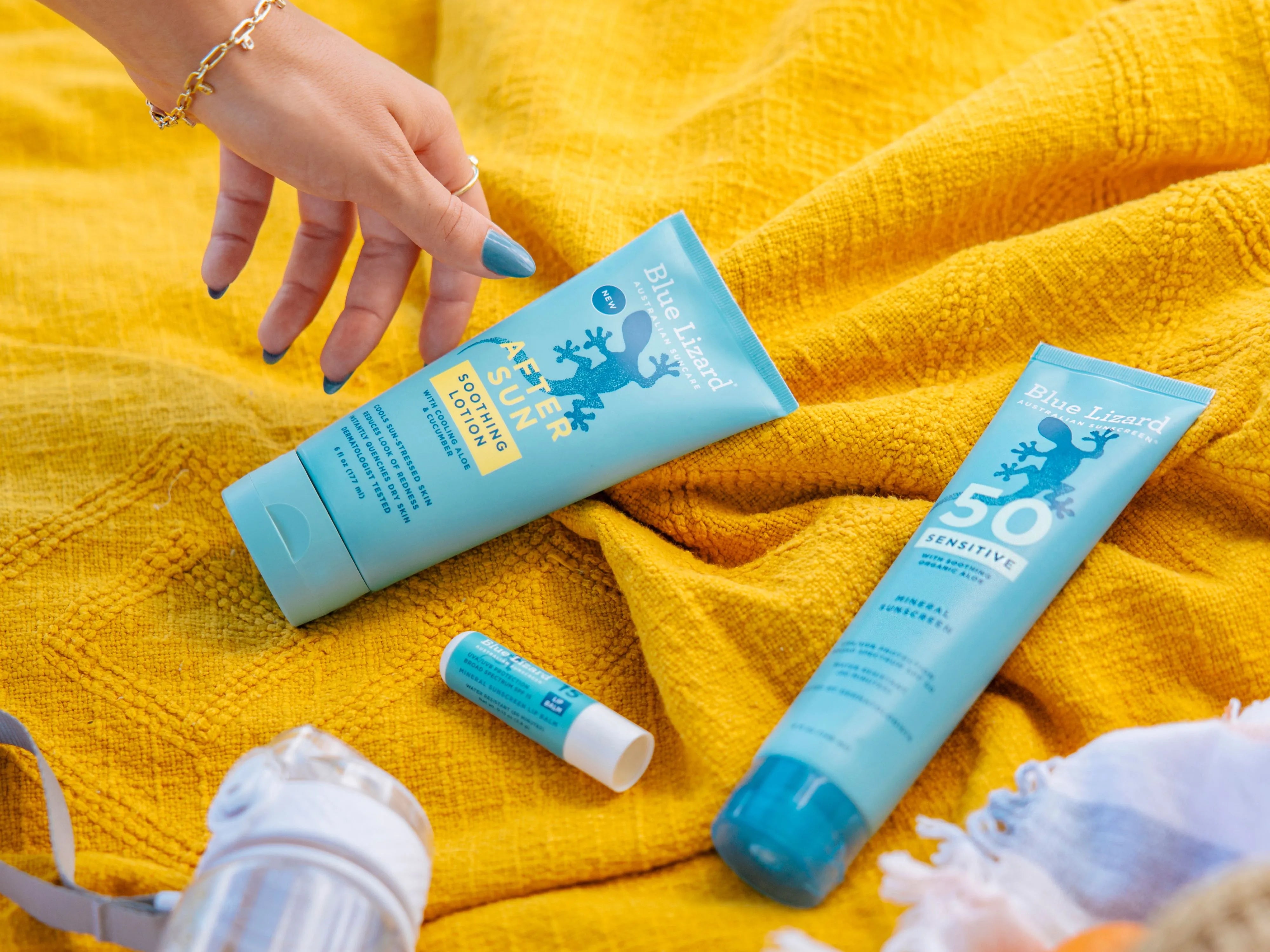Along with the cold days of winter comes dryer skin. Turning the heat on indoors is the main reason for drying skin during the winter but for some people, the problem is worse than just a general tight, dry feeling -- some get skin so dry it results in flaking, cracking, even eczema (in which the skin becomes inflamed).
Winter skin requires a special skin care regimen to keep skin moisturized and healthy. Here are some winter skin care tips to follow to help you avoid dry, cracked skin this winter:
Moisturize more.
You may have found a moisturizer that works just fine in spring and summer. But as weather conditions change, so, too, should your skin care routine. Find an “ointment” moisturizer that's oil-based, rather than water-based, as the oil will create a protective layer on the skin that retains more moisture than a cream or lotion. Many lotions labeled as “night creams” are oil-based. But choose your oils with care because not all oils are appropriate for the face. Instead, look for “non-clogging” oils, like avocado oil, mineral oil, primrose oil, or almond oil. You can also look for lotions containing “humectants,” a class of substances (including glycerin, sorbitol, and alpha-hydroxy acids) that attract moisture to your skin.
Don’t forget the sunscreen.
Sunscreen is not just for summer. Winter sun, especially with snow glare, can damage your skin as well. Apply a broad spectrum sunscreen to your face and hands at least 15-30 minutes before heading outdoors. Be sure to reapply every two hours if you plan to be outdoors for an extended period of time.
Give yourself a hand.
The skin on your hands is thinner than on most parts of the body and has fewer oil glands, which means it's harder to keep your hands moist, especially in cold, dry weather. This can lead to itchiness and cracking. Wear gloves when you go outside in winter and apply a body moisturizer rich in aloe or lanolin to your hands daily or before bedtime.
Go easy on the hand sanitizers.
Applying hand sanitizer several times a day and washing hands more in winter to help prevent colds and flu can wreak havoc on the skin of your hands. Some hand sanitizers contain alcohol, which will cause dry, red, inflamed skin. When you do wash, choose a soap-free cleanser and apply lotion to your hands immediately after drying. If you do use hand sanitizers, choose products that are alcohol-free.
Hook up the humidifier.
Central heating systems blast hot dry air throughout your home and office. Humidifiers get more moisture into the air, which helps prevent your skin from drying out. Place several small humidifiers throughout your home; they help disperse the moisture more evenly.
Ban super hot baths.
Hot baths or showers do feel great when it’s freezing outside but the intense heat actually breaks down lipid barriers in the skin, which leads to a loss of moisture. Keep baths or showers to lukewarm water and stay in a shorter amount of time. Add oatmeal or baking soda to your bath water to help relieve dry, itchy skin.
Following these simple tips can help keep your skin supple when the temperature drops.








